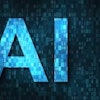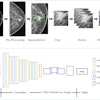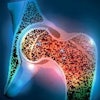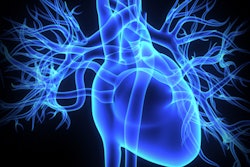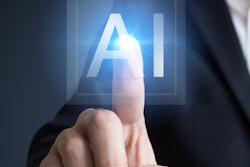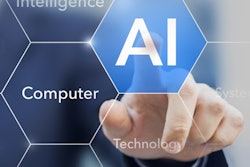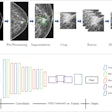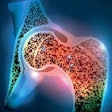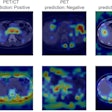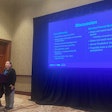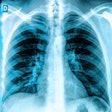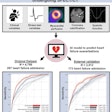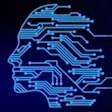Artificial intelligence (AI) software developer Bay Labs is touting two studies featuring the company's AI software that will be presented at the American College of Cardiology's (ACC) upcoming annual scientific meeting March 16 to 18.
In the first study, researchers from Stanford University will present results on an ongoing prospective study to assess the use of Bay Labs' EchoGPS and AutoEF deep-learning software to help in the monitoring of cardiac function in cancer patients undergoing treatment with potentially cardiotoxic therapies.
Both software applications are designed to help users with no prior ultrasound experience perform real-time guidance in acquiring cardiac views and automatically calculate left ventricular ejection fraction. The results suggest that future use of these technologies could enable clinicians to provide expanded access to cardiac monitoring in cancer patients, said study co-author Dr. Alberta Yen from Stanford's division of cardiovascular medicine.
The second paper reviews the fully automated calculation of ejection fraction with accuracy and increased reproducibility. Three researchers assessed ejection fraction of 99 patients who underwent imaging as part of their routine evaluation. Their results were compared to the output of Bay Labs' deep learning algorithm from its AutoEF AI software.
Reproducibility of ejection fraction calculations was best for AutoEF (mean absolute deviation [MAD] of 2.94%), compared with the performance of cardiologists (MAD of 4.74%) and sonographers (MAD of 6.96%).
Study co-author Dr. Federico M. Asch, from MedStar Health, concluded that Bay Labs' investigational deep-learning algorithm is accurate compared with expert cardiologists and that use of these algorithms may improve accuracy and reproducibility in the future.
